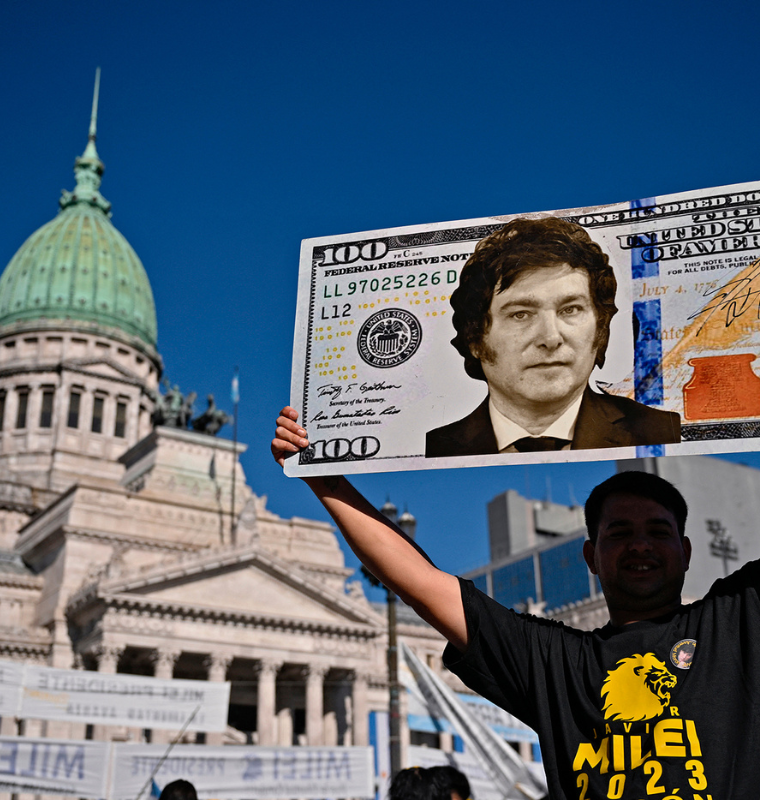Omada Health Launches Nasdaq IPO at $19 Per Share, Valuing the Company at $1.1 Billion
Omada Health Launches Nasdaq IPO at $19 Per Share, Valuing the Company at $1.1 Billion
By
Leah Rosenfeld
Last updated:
June 6, 2025
First Published:
June 6, 2025

Photo: CNBC
Omada Health Makes Nasdaq Debut at $19 Per Share: A Sign of Life for Digital Health IPOs
Omada Health, a virtual care company focused on chronic disease management, officially entered the public market on Thursday, pricing its initial public offering (IPO) at $19 per share. That figure lands squarely in the middle of its anticipated range of $18 to $20, according to the company’s filings with the U.S. Securities and Exchange Commission (SEC).
This pricing sets Omada's valuation at approximately $1.1 billion, aligning closely with its last private valuation in 2022, when it raised $192 million in a Series E funding round. On a fully diluted basis, the company’s valuation could exceed that benchmark, depending on additional equity calculations.
IPO Overview: Offering Size and Investor Backing
Omada Health sold 7.9 million shares in its IPO, raising a total of $150 million. The company is now trading on the Nasdaq under the ticker symbol “OMDA.”
Notably, the IPO saw strong support from major institutional investors. The largest external stakeholders include:
- U.S. Venture Partners
- Andreessen Horowitz
- Fidelity’s FMR LLC
Each of these firms holds between 9% and 10% of the company’s shares.
What Omada Does: A Leader in Digital Chronic Care
Founded in 2012, Omada Health provides virtual care programs designed to support patients dealing with chronic conditions such as:
- Prediabetes
- Type 2 Diabetes
- Hypertension
- Obesity
- Musculoskeletal issues
The platform combines human coaches with behavioral science, data analytics, and connected health devices to deliver personalized care. According to its prospectus, the company currently serves more than 1,900 customers, including health plans, employers, and health systems.
CEO Sean Duffy, who co-founded Omada alongside Andrew DiMichele and Adrian James, has guided the company through a decade of rapid innovation. DiMichele and James have since moved on to other ventures.
Strong Financial Growth Pre-IPO
Omada's financials point to a company on a robust growth trajectory:
- Q1 2024 Revenue: $55 million, up 57% from $35.1 million in Q1 2023
- 2023 Full-Year Revenue: $169.8 million, up 38% from $122.8 million in 2022
- Q1 2024 Net Loss: Narrowed to $9.4 million, from $19 million a year prior
These improving margins and revenue growth trends are likely to appeal to public market investors looking for sustainable business models in the digital health sector.
A Reawakening in Health Tech IPOs?
Omada’s public debut follows Hinge Health, a digital musculoskeletal care platform, which listed on the New York Stock Exchange in May. This makes Omada the second major digital health IPO in weeks, suggesting that investor confidence in the sector may be turning a corner after a prolonged dry spell.
Outside of health tech, the broader IPO market is also gaining momentum. Circle Internet, a crypto payments company, saw a 168% surge on its trading debut this week. Meanwhile, fintech startups like eToro and Chime Financial are either trading or planning to go public soon, reflecting a broader market thaw.
Final Thoughts
Omada Health’s IPO represents more than just a funding milestone—it’s a bellwether for the digital health industry’s return to public markets. As investors seek companies with scalable platforms and measurable outcomes in healthcare, Omada’s IPO could signal the beginning of a new wave of tech-driven health offerings in the public sphere.
With strong backing, growing revenue, and narrowing losses, Omada is well-positioned to capitalize on the rising demand for cost-effective, virtual chronic care solutions in a post-pandemic world.
Popular articles
Subscribe to unlock premium content
Fashion Waste and Sustainability in Fast Fashion Are Forcing a Global Industry Reboot

The Rise and Fall of Argentina’s Economy Reflects a Cycle of Promise and Crisis

Vietnam’s Manufacturing Boom Is No Accident and It’s Just Getting Started

Fashion Waste and Sustainability in Fast Fashion Are Forcing a Global Industry Reboot

The Rise and Fall of Argentina’s Economy Reflects a Cycle of Promise and Crisis

Fashion Waste and Sustainability in Fast Fashion Are Forcing a Global Industry Reboot









